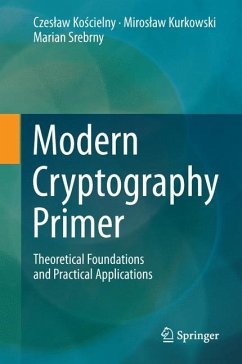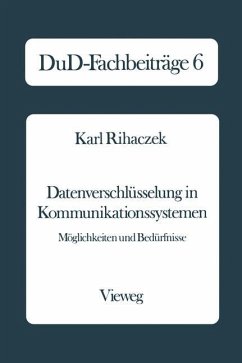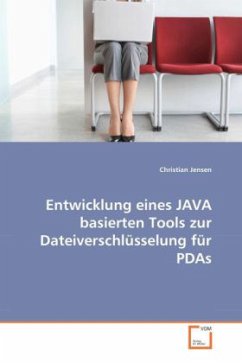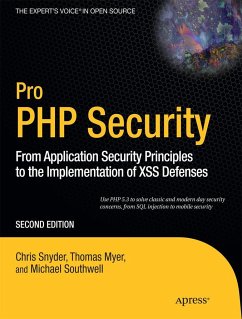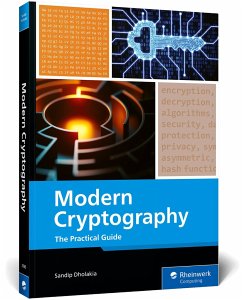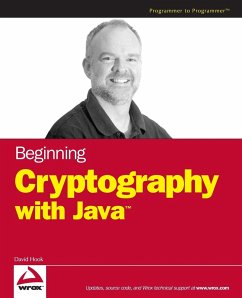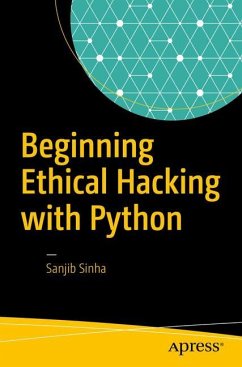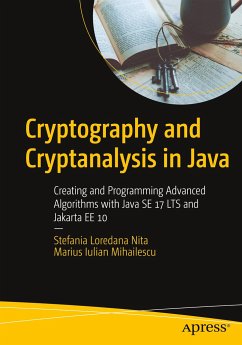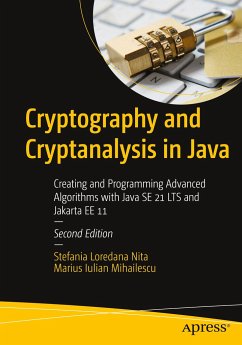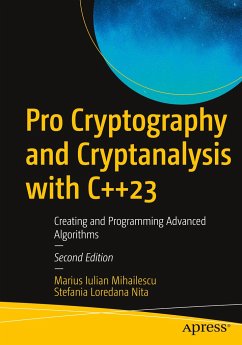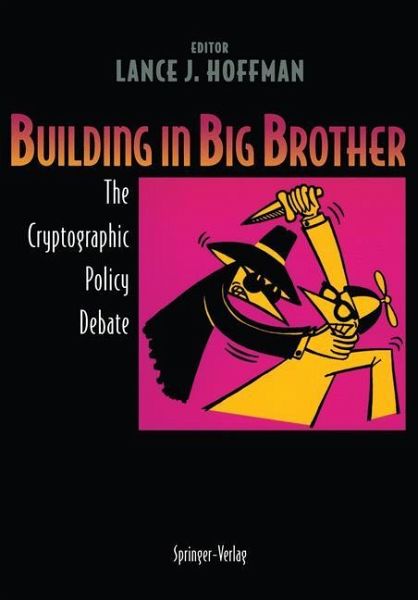
Building in Big Brother
The Cryptographic Policy Debate
Ed. by Lance J. Hoffman

PAYBACK Punkte
38 °P sammeln!
The announcement of the Clipper chip by the U.S. Government in April 1993 set off a frenzy of discussions about cryptography policy in the technological community. The shock waves from it ultimately included front page treatment in The New York Times, repeated questions to the Vice President, creation of several new newsgroups on the Internet, and some very productive public discussions about striking the balance between national security, law enforcement, and civil liberties. We still don't have good answers for some of the questions that have been raised. As the Global Information Infrastruc...
The announcement of the Clipper chip by the U.S. Government in April 1993 set off a frenzy of discussions about cryptography policy in the technological community. The shock waves from it ultimately included front page treatment in The New York Times, repeated questions to the Vice President, creation of several new newsgroups on the Internet, and some very productive public discussions about striking the balance between national security, law enforcement, and civil liberties. We still don't have good answers for some of the questions that have been raised. As the Global Information Infrastructure is being built, we are writing portions of the Constitution for Cyberspace. I've been fortunate to have a front row seat and to share much of this with my students. The original reading and selection of materials was made by the first cohort of students_ in The George Washington University Accel erated Master of Science Program in Telecommunications and Com puters at the Ashburn, Virginia campus. They worked many long hours-reading, debating, and selecting materials for this book. In addition, Bob Patton spent a great deal of time scanning and editing the material. Nestor Torres prepared the index. And Harish Nalinak shan provided an enormous amount of technical and administrative assistance and kept the project on track as new developments took place in the debate and new papers and legislation reflected these. As with most readings books, some of the selections cover similar material. We have tried to hold this duplication to an acceptable level.





